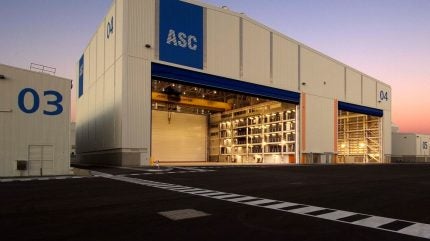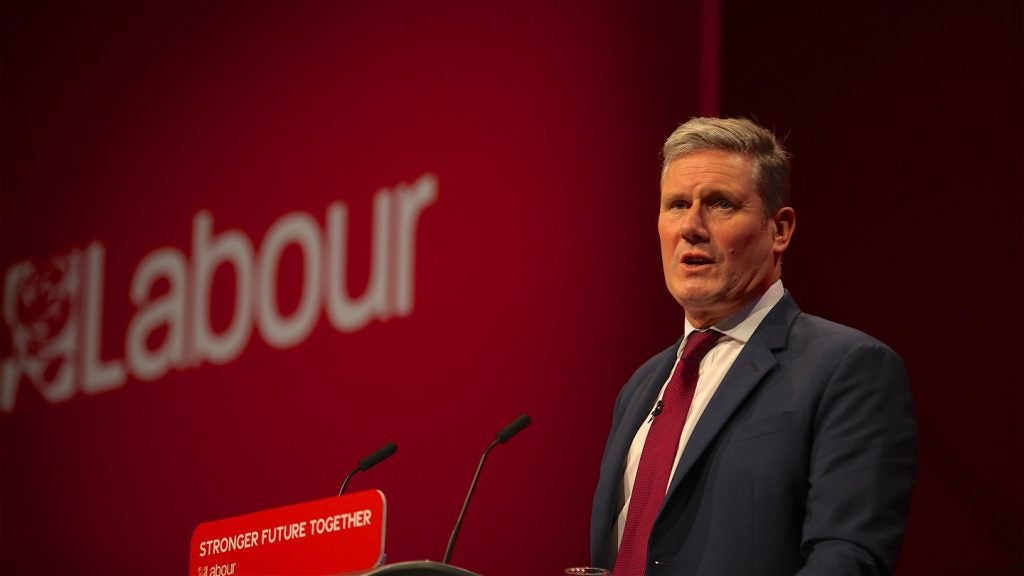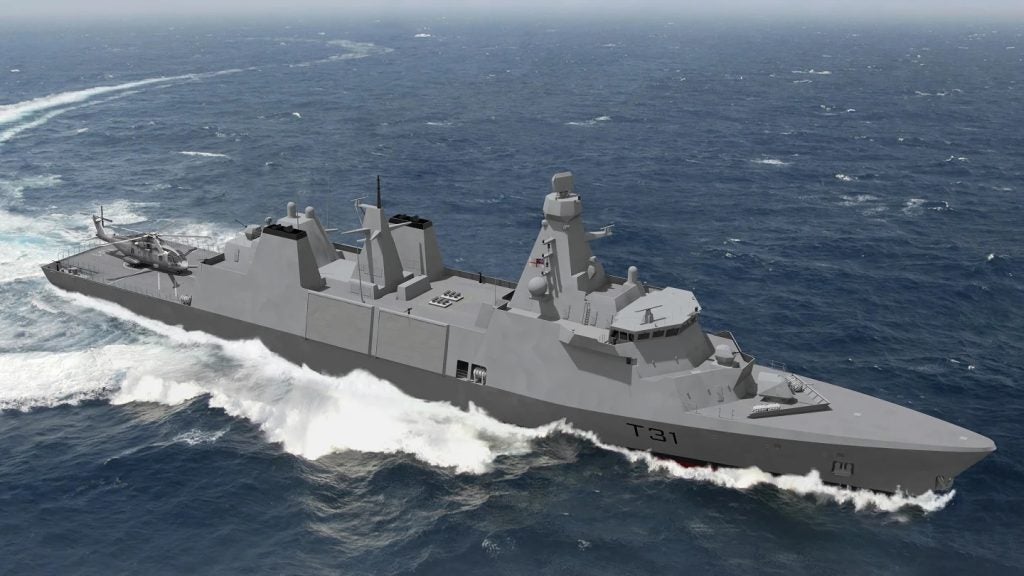
Hundreds of workers at ASC’s Osborne Naval Shipyard in South Australia are protesting against unequal pay, highlighting their role in Australia’s submarine capability amidst negotiations with ASC management.
Trades and operator support workers at ASC’s maintenance and sustainment facility in Osborne, South Australia, have initiated protected industrial action over what they deem as unjust pay disparities. The strike, which commenced on Monday (ACST) 6 May 2024, marks a protest against the perceived neglect of South Australian workers’ wages and conditions, particularly compared to their Western Australian counterparts.
South Australia vs Western Australia
The heart of the dispute lies in the discrepancy between the wages of ASC workers in South Australia and Western Australia. The former receive 17% less on average, despite playing an integral role in training and supporting their Western Australian colleagues.
This contrast in pay has fuelled frustration among South Australian workers, especially as they foresee their essential role in maintaining the Collins Class submarines and anticipate their involvement in the future AUKUS nuclear-powered submarine fleet.
The SSN-AUKUS will be the future attack submarine for Australia and the United Kingdom. Both countries plan to commence construction of the SSN-AUKUS in their domestic shipyards by the end of this decade. According to GlobalData’s “Australia Defense Market 2023-2028” report, Australia plans to deliver its first domestically built SSN-AUKUS to the Royal Australian Navy in the early 2040s.
Progress in AUKUS submarine development
Australia has been making progress towards the goal of operating nuclear-powered attack submarines. In collaboration with the UK and Australian Defense Ministers, Rolls-Royce hosted Australian personnel at its nuclear reactor manufacturing site in Derby to kickstart training for developing conventionally-armed nuclear-powered submarines under the AUKUS agreement.
Australian sailors completed training at the US Navy’s Nuclear Power Training Unit. Australia and the UK have formalised a joint venture between BAE Systems and ASC Pty to build AUKUS-SSNs, with investments in infrastructure and nuclear technology from both nations, facilitating the development and constructing of these submarines.
Negotiations and demands
The Australian Manufacturing Workers Union (AMWU), along with the Australian Workers Union (AWU) and the Electrical Trades Union (ETU), has been steadfast in its negotiations with ASC management since November 2023. However, the recent rejection of ASC’s offer, which fell 7% short of wage parity with Western Australian workers, has intensified the resolve of South Australian workers to demand fair treatment.
Stuart Gordon, assistant state secretary of the AMWU SA, emphasised the contributions of South Australian workers to Australia’s submarine capability, “Why are these workers treated any less than those out West? They are the only team able to carry out the Collins‘ deep maintenance, or Full-Cycle Docking, where the boat is completely stripped down and has its massive diesel engines and main motor removed and refurbished. It’s a slap in the face for trainers in SA who are being paid less than those they are training.”
ASC acknowledged the industrial action taken. Mr Stuart Whiley, Managing Director and CEO of ASC, claimed, “Despite ASC’s best intentions, we have been unable to reach an agreement with the Unions and their members in regard to their claims. We will continue to negotiate with the Unions and our workers in good faith to achieve a mutually beneficial outcome.”
As negotiations continue between ASC management and union representatives, the spotlight remains fixed on the need for equitable treatment and recognition of the role played by South Australian submarine workers in safeguarding Australia’s national security interests.








